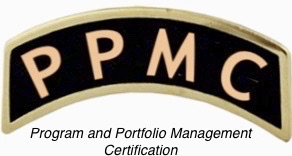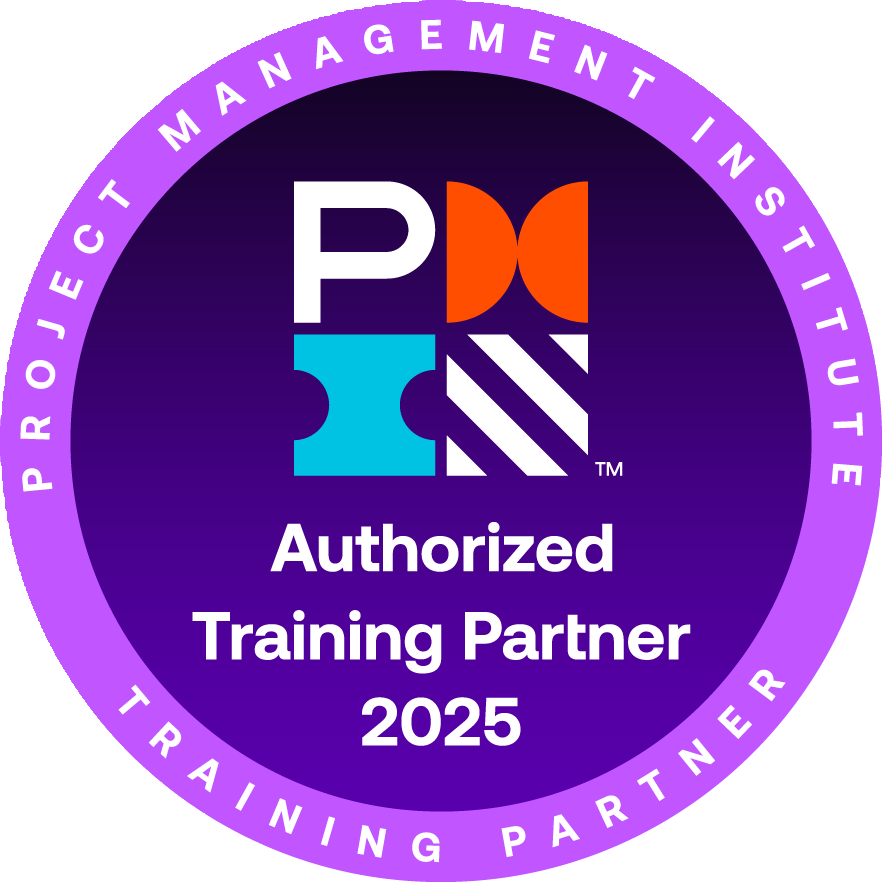
Project management certification is a terrific tool for professional advancement and better compensation. The Project Management Professional (PMP) and the Certified Associate in Project Management (CAPM) are two of the most popular certifications. Comparing the CAPM and PMP certifications is the focus of this guide.
Comparing CAPM and PMP certifications, how difficult are the exams, what do they entail, and what are the implications for employment and compensation? Make an informed decision about which certification is best for you by consulting our CAPM vs PMP comparison guide.
Difference between CAPM and PMP
Is there a distinction between the CAPM and the PMP credentials? For the most part, the CAPM and PMP are seen as more entry-level certifications. CAPM exam prerequisites are less stringent, and the exam is easier to pass and cheaper to buy than PMP exam preparation materials. The PMP certification, on the other hand, is more well-known, more respected, and more likely to result in a higher income.
CAPM and PMP are distinct certifications, but it’s helpful to know the difference between the two at a high level. Examine the fine print to make an informed decision about which credential to pursue.
Benefits of CAPM and PMP
Project Management Institute (PMI) certifications such as the CAPM and the PMP are highly specialized credentials that enhance one’s credibility, provide more professional development opportunities, and raise one’s salary.
Having a CAPM certification demonstrates that you have a solid understanding of project management principles. A PMP credential demonstrates that you can reliably apply project management principles in the real world. With either certification, you can expect a higher level of recognition and respect from your peers and the industry, as well as the possibility of career advancement and a higher salary. A CAPM certification can be helpful if you are just beginning your project management career. When it comes to full-time positions, you may already have some project management experience and want to be prepared to handle projects of any size and scope. As a result, having a PMP on your resume will help you land better-paying jobs with more authority and responsibility.
CAPM vs PMP Exam Requirements
In order to take the CAPM vs PMP test, you must have the following qualifications: The CAPM certification exam has fewer requirements for entry-level project managers because it is designed for those with little or no project management experience. In order to sit for the CAPM certification exam, candidates must meet the following criteria:
- Secondary degree (high school diploma, associate’s degree, or the global equivalent)
- 23 hours of project management education completed by the time you sit for the exam
Consider taking an exam preparation course to meet the 23-hour education requirement. For example, our Certified Associate in Project Management (CAPM) certification course both prepares you for the exam and fulfills the educational requirement for the certification. It takes more time and effort to meet the PMP exam requirements. For those interested in taking the PMP exam, PMI provides two options:
- PMP Exam Requirements – Option 1Secondary degree (high school diploma, associate’s degree, or global equivalent)
60 months leading projects
35 hours of project management education OR CAPM Certification - PMP Exam Requirements – Option 2Four-year degree
36 months leading projects
35 hours of project management education OR CAPM Certification
If you hold a current CAPM certification, you will be exempt from the 35-hour education requirement for the PMP exam. Earning a CAPM certification provides additional benefits.
Which is right for you? CAPM or PMP Certification?
Choosing between a CAPM and a PMP certification can be a difficult decision for a project manager. To put it simply, if you meet the requirements for the PMP certification, it is unquestionably the best option. Attempting to pass the PMP exam is still worthwhile even if you don’t meet all of the requirements. To help you choose between the CAPM and PMP exams, here are some considerations. The answers to some of these questions can help you decide whether or not you want to pursue a CAPM or PMP certification, respectively.
CAPM vs. PMP: Which Path to Take as a Certified Project Management Professional?
Your career is at what point in its development are you now? Do you want to break into project management at the beginning of your career, or do you already have some experience in this field?
If you’re just getting started in the field of project management, the CAPM exam is a good first step toward earning your PMP credential. The PMP certification is a better choice for those with more experience and a firm grasp of the fundamentals of project management if you want to maximize your earning potential and advance your career.
Cost of CAPM vs PMP Exam
How much money are you willing to spend on obtaining a professional credential? The PMP exam costs between $180 and 255 dollars more than the PMI certification exam, depending on your PMI membership status. You also have to consider the potential training costs that come with fulfilling the education requirement. However, the higher cost of becoming a Project Management Professional (PMP) is offset by a higher average salary.
Make sure to check with your employer before making a final decision about whether or not to take the exam. As a result, many employers will foot the bill for their project managers to sit for the PMP certification exam.
Jobs for CAPM vs PMP Certification Holders
You’ll be able to take on more responsibility and earn more money managing projects of all sizes if you have the PMP certification. Project managers and controllers are more likely to be responsible for larger, more complex projects with higher budgets.
A career as an assistant project manager, project coordinator, or project management associate may be in your future if you earn your CAPM certification. It is more likely that these positions will require you to coordinate schedules within and between teams, as well as to facilitate clear communication.


